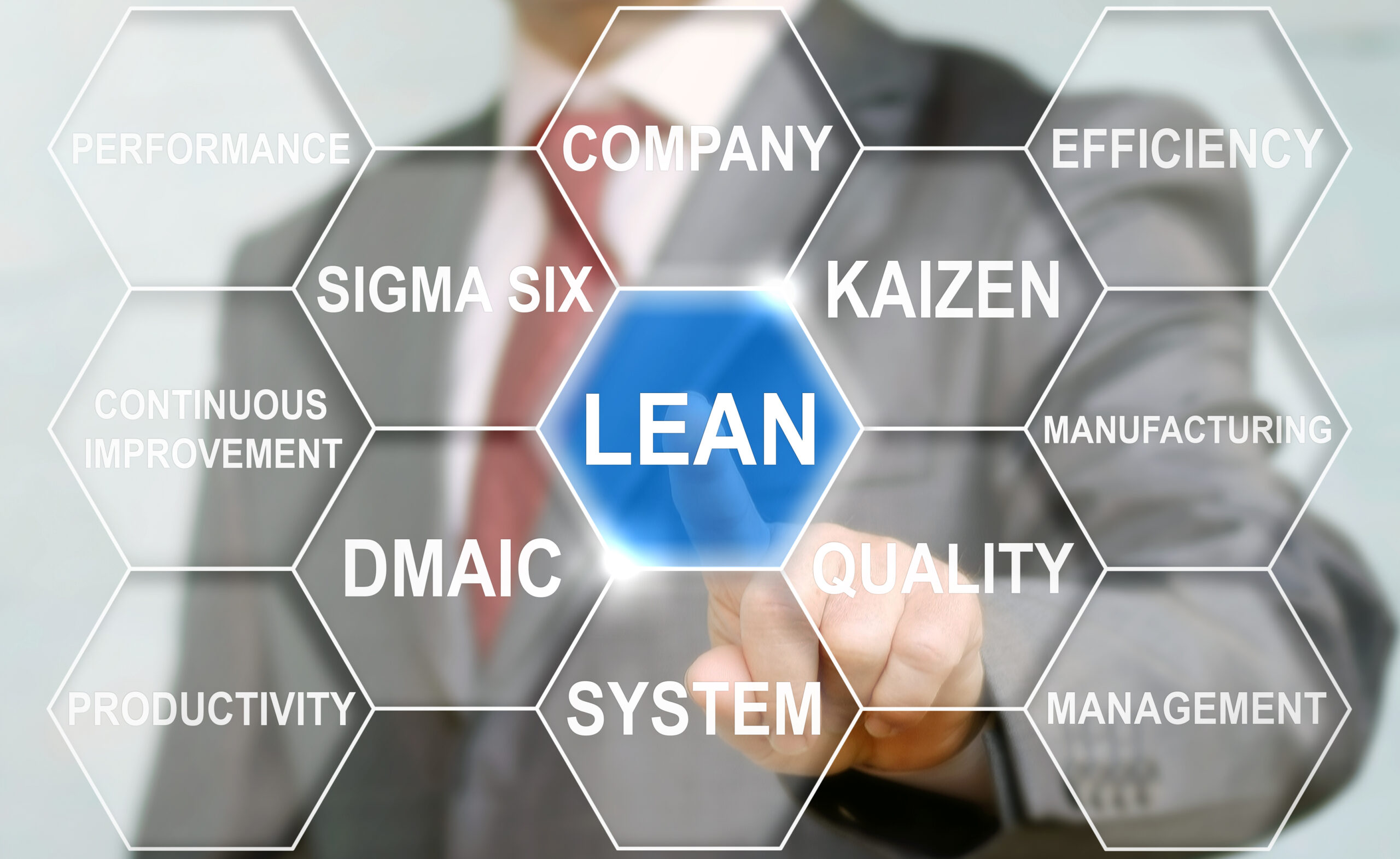Microsoft Dynamics 365 and Azure are gaining popularity within the life sciences industry. I am often asked the question about how to validate such a system given its complexity and cloud-based nature. The purpose of this blog post is to answer this question. The outline of this blog post is as follows.
- Understanding the Changing State of Independent Validation and Verification
- Strategies for Installation Qualification of Microsoft Azure
- Practical Strategies for Operational and Performance Qualification Testing
- Continuous Testing in A Cloud Environment
- Maintaining the Validated State and Azure
To begin our discussion, it is helpful to consider what keeps regulators up at night. They are concerned primarily about four key aspects of validated computer systems:
- Vulnerability – How Vulnerable Our Cloud Computing System Environments
- Data Integrity – What Is Your Strategy to Maintain Data Integrity Within Your Validated Computer Systems
- System Security and Cyber Security – How Do You Keep Sensitive Information Secure and How Do You Protect a Validated Computer System Against Cyber Threats?
- Quality Assurance – How Do You Minimize Risk to Patient Safety and Product Quality Impacted by The Validated System?
One of the first task validation engineers must be concerned with is that of supplier auditing. When using commercial off-the-shelf software such as Microsoft Dynamics 365 and Azure a supplier audit is a mandatory part of the validation process. 20 years ago, when we prepared validation documentation for computer systems, validation engineers often conducted a paper audit or an actual physical audit of a software provider. Supplier audits conducted on-site provided a rigorous overview of what software companies were doing and the quality state of their software development lifecycle process. It was possible to examine a supplier’s processes and decide as to if the software vendor was a quality supplier.
Most software vendors today including Microsoft do not allow on-site vendor audits. Some validation engineers have reported to me that they view this as a problem. However, the Microsoft Trust Center is a direct response to the industry’s need for transparency. Personally, I think the Microsoft trust center is the best thing that they have done for the life sciences industry. Not only do they highlight all of the Service Organization Control reports (SOC1/SOC2/SOC3 and ISO/IEC 27001:2005), but they summarize their compliance with the cloud security alliance controls as well as the NIST Cybersecurity framework. I would strongly recommend that you visit the Microsoft trust center at https://www.microsoft.com/en-us/trustcenter. The latest information posted to their site is a section on general data protection (GDPR) and how their platform can help keep data safe and secure. I find myself as a validation engineer visiting this site often. You will see a section for specifically Microsoft 365 and Azure.
From a supplier auditing perspective, I use the information found on the Microsoft trust center to facilitate a “desk audit” of the vendor. Many of the questions that I would ask during an on-site audit are found on this website. As part of my new validation strategy I include the service organization control reports as part of my audit due diligence. The trust center includes in-depth information about security, privacy, and compliance offerings, policies, features and practices across all of Microsoft cloud products. .
If I were conducting an on-site audit of Microsoft, I would want to know how they are establishing trust in the cloud. Many of the questions that I would ask in person I have found on this website. It should be noted that service organization control reports are created not by Microsoft but by trusted third-party organizations certified to deliver such a report. These reports include an assessment of how well Microsoft is complying with the stated controls for cloud management and security. This is extremely valuable information.
From a validation perspective I attach these reports with my validation package as part of the supplier audit due diligence. There may be instances where you conduct your own due diligence beyond the reports but the reports provide an excellent start to understanding what Microsoft is doing.
Microsoft has adopted the cloud security alliance (CSA) cloud controls matrix to establish the controls for the Microsoft Azure platform. These controls include:
- Security Policy and Procedures
- Physical and Environmental Security
- Logical Security
- System Monitoring and Maintenance
- Data Backup, Recovery and Retention
- Confidentiality
- Software Development/Change Management
- Incident Management
- Service Level Agreements
- Risk Assessments
- Documentation/Asset Management
- Training Management
- Disaster Recovery
- Vendor Management
the cloud control matrix includes 136 different controls that cloud vendors such as Microsoft must comply with. Microsoft has mapped out on its trust center site specifically how it addresses each of the 136 controls in the Microsoft Azure/dynamics 365 platform. This is excellent knowledge and due diligence for validation engineers and represents a good starting point for documenting the quality of the supplier.
Is Microsoft Azure/dynamics 365 secure enough for life sciences? In my personal opinion yes, it is. Companies still must conduct due diligence to ensure that Azure and dynamics 365 meet their business continuity requirements and business process requirements for enterprise resource planning. One thing is certain, the cloud changes things. You must revise your validation strategy to accommodate the cloud. Changes in how supplier audits conduct are conducted are just one of such changes.
The next challenge in validating Microsoft Dynamics 365 and Azure is conducting validation testing in the cloud environment. It should be understood that the principles of validation still endure whether or not you are in the cloud environment. You still must conduct a rigorous amount of testing including both positive and negative testing to confirm that Microsoft Azure/dynamics 365 meets its intended use. However, there are changes in the way we conduct installation qualification in the cloud environment. Some believe that installation qualification is no longer a valid testing process since cloud environments are provisioned. This is not correct. You still must ensure that cloud environments are provisioned in a consistent repeatable manner that supports quality.
It is helpful to understand that when Microsoft Dynamics 365 is provisioned it is conducted using Microsoft lifecycle services. The Microsoft lifecycle services application is designed for rapid implementation and deployment. However, it should be clearly understood that lifecycle services itself is an application which is a potential point of failure in the process. The use of lifecycle services must be documented and the provisioning of the environment must be confirmed through the installation qualification process.
From an operational qualification perspective, validation testing remains pretty much the same. Test cases are traced to their respective user requirements and executed with the same rigor as in previous validation exercises.
Performance qualification is also conducted in the same manner as before. Since the environment is in the cloud and outside of your direct control, it is very important that network qualification as well as performance qualification be conducted to ensure that there are no performance anomalies that may occur in your environment. In the cloud environment you may have performance issues related to system resources, networks, storage arrays and many other factors. Performance tools may be used to confirm that the system is performing within an optimal range as established by the validation team. Performance qualification can be conducted either before the system goes live by placing a live load on the system or it may occur after validation. This is at the discretion of the validation engineer.
Maintaining the validated state within a cloud environment requires embrace of the principle of continuous testing. It is often been said that the cloud is perpetually changing. This is one of the reasons why many people believe that you cannot validate the system in the cloud. However, you can validate cloud-based systems such as Microsoft Dynamics 365 and Azure. Continuous testing is the key. What do I mean by continuous testing? Does that mean that we perpetually test the system for ever and ever every single day? Of course not! Continuous testing is a new strategy that should be applied to all cloud-based validated systems whereby at various predetermined intervals, regression testing should occur. Automated systems such as ValidationMaster™ can be the key to facilitating this new strategy.
Within ValidationMaster™ you can establish a reusable test script Library. This is important because in manual validation processes that are paper-based, the most laborious part of validation is the development and execution of test scripts. This is why many people cringe at the very notion of continuous testing. However automated systems make this much easier. In ValidationMaster™ each test script is automatically traced to a user requirement. Thus, during regression testing, I can select a set of test scripts to be executed based on my impact analysis and during off-peak hours in my test environment I can execute these test scripts to see if there has been any impact to my validated system. These test scripts can be run fully automated using Java-based test scripts or they can be run using an online validation testing process. Revalidation of the system can happen in a matter of hours versus a matter of days or weeks using this process.
Through continuous testing, you can review the changes that Microsoft has made to both Azure and dynamics 365 online. Yes, this information is posted online for your review. This answers the question how do I know what changes are made and when changes are made. This information is made available to you through Microsoft. You can determine how often you test a validated system. There is no regulation that codifies how often this should occur. It’s totally up to you. However, as a good validation engineer you know that it should be based on risk. The riskier the system the more often you should test. The less risky the system the less due diligence is required. Nevertheless cloud-based systems should be subject to continuous testing to ensure compliance and maintain the validated state.
There are many other aspects of supporting validation testing in the cloud but suffice to say Microsoft Dynamics and Azure can be validated and have been successfully validated for many clients. Microsoft has done a tremendous service to the life sciences industry by transparently providing information through the Microsoft trust center. As a validation engineer I find this one of the most innovative things that they’ve done! It provides a lot of the information that I need and confirmation through third-party entities that Microsoft is complying with cloud security alliance controls, and the NIST Cybersecurity framework. I would encourage each of you to review the information on Microsoft’s trust center. Of course, there will always be skeptics of anything Microsoft does but let’s give them credit where credit is due.
The Microsoft Trust Center is a good thing. The company has done an excellent job of opening up and sharing how they view system security, quality and compliance. This information was never made fail available before and it is available now. I have validated many Microsoft Dynamics AX systems as well as 365 systems. The software quality within these systems is good and with the information that Microsoft has provided you can have confidence that deploying a system in the Azure environment is not only a good business system decision if you have selected this technology for your enterprise but a sound decision regarding quality and compliance.
.







